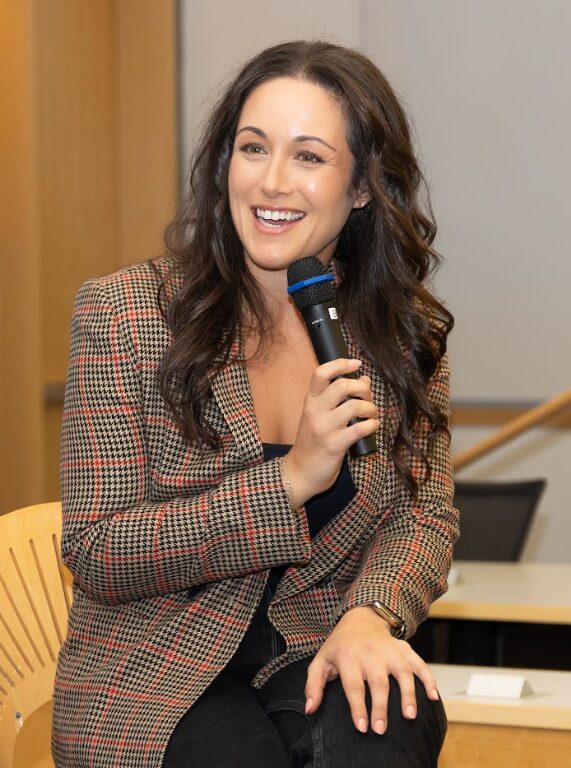We recently connected with Helaine and have shared our conversation below.
Helaine, so great to be with you and I think a lot of folks are going to benefit from hearing your story and lessons and wisdom. Imposter Syndrome is something that we know how words to describe, but it’s something that has held people back forever and so we’re really interested to hear about your story and how you overcame imposter syndrome.
Here’s what I learned: impostor syndrome isn’t something you overcome once, it’s something you work through by taking action despite the fear, conquering that fear over and over again.
Impostor syndrome hit me hard when I was building CITYROW. Here I was, not only a tech person trying to break into the fitness industry with zero experience, but also someone who had struggled with body image issues my whole life. I was a shy, chubby kid. I was constantly asking myself: “Am I good enough? Am I capable of this? I have no experience here.” Did I know how to run a four-wall business? No. The inner dialogue was brutal, but I kept moving the ball forward in spite of that. To do that, I relied on what I did have confidence in and what I was uniquely good at.
I always knew I was really good at finding someone who could be helpful, finding an expert to help. So I leaned on that strength when it was time to negotiate a lease or when I needed help fundraising. I used the things I was confident in to slowly build up my overall confidence, one day at a time. Every single day, I made one small decision to move the company forward. I didn’t wake up one morning feeling qualified to start a fitness company. Instead, I learned that competence comes from doing, not from feeling ready. When I had to negotiate leases I didn’t understand, when I had to pivot a business during a pandemic—I did it scared, but I did it by relying on my core strengths.
The breakthrough came when I realized that everyone is figuring it out as they go. That investor who seemed so intimidating? He was making educated guesses too. That experienced entrepreneur giving me advice? She had made plenty of mistakes. The difference between successful people and everyone else isn’t the absence of impostor syndrome? It’s the willingness to act despite it. I stopped waiting to feel qualified and started building my qualifications through experience.
What really shifted things was changing my relationship with not knowing. Instead of seeing my inexperience as a liability, I started viewing it as an asset. There is power in knowing where you need support because then you can solve epically for that gap. The impostor syndrome voice never fully goes away, but now when it shows up, I acknowledge it and keep moving. Because I’ve learned that on the other side of that fear is exactly where you need to be.
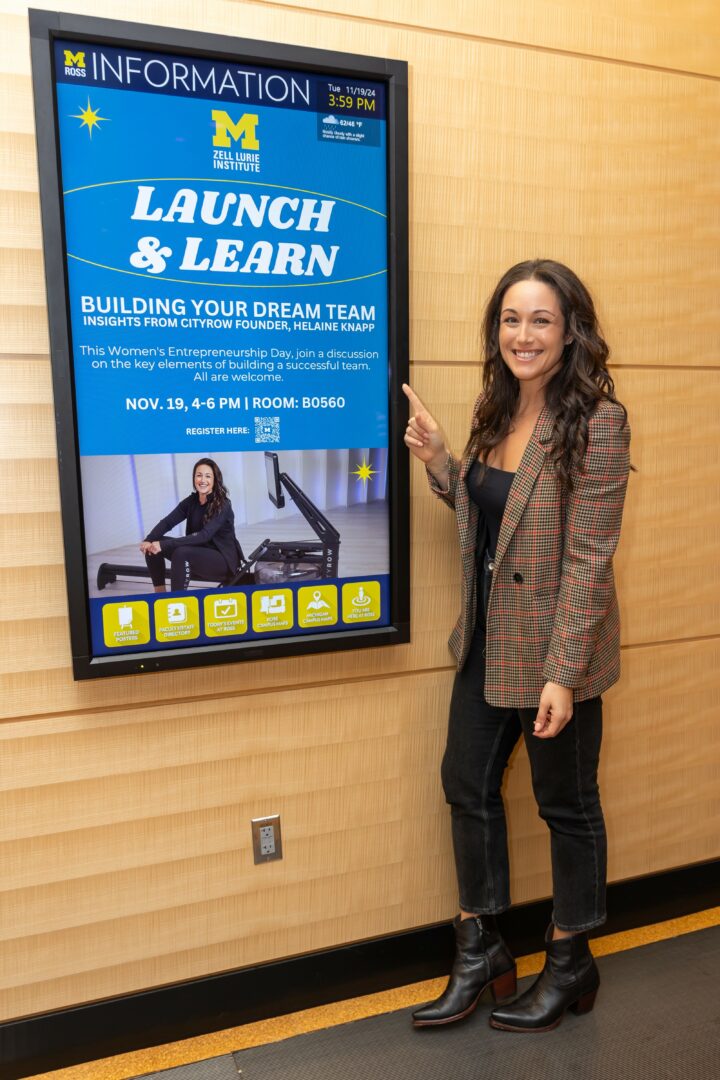
Thanks for sharing that. So, before we get any further into our conversation, can you tell our readers a bit about yourself and what you’re working on?
After a decade of building CITYROW from a single NYC studio into a nationwide omnichannel fitness brand, I sold the company to our manufacturer, WaterRower, in 2024. That ten-year journey—with all its incredible highs and devastating lows—became the foundation for my book “Making Waves,” published by Post Hill Press in 2024.
Now I’m taking all those hard-earned skills and applying them to help others navigate their own journeys. I spend my time doing strategic consulting with growth companies at various stages—from early-stage startups to more established businesses navigating scaling challenges. I coach everyone from first-time founders to seasoned executives who want to level up how they show up professionally and lead through uncertainty. Sometimes that means I get to be the person who can see the bigger picture when the founder can’t—and because I’ve actually sat in that seat, been through those sleepless nights and impossible decisions, it makes me that much more powerful as a consultant and strategist alongside them. I’m particularly passionate about supporting female founders and women in business—because I know how lonely and overwhelming it can feel to be building something when you’re often the only one who looks like you in the room.
My brand is built on radical honesty about what it actually takes to build a company. No sugar-coating, no “rainbows and butterflies”—just practical wisdom, authentic vulnerability, and tactical insights from someone who’s been through every stage of the entrepreneurial journey. Whether I’m working one-on-one with founders, speaking to teams about resilience and leadership, or helping companies navigate crisis, my mission is simple: be the resource I always wanted but never had during my own founder journey.
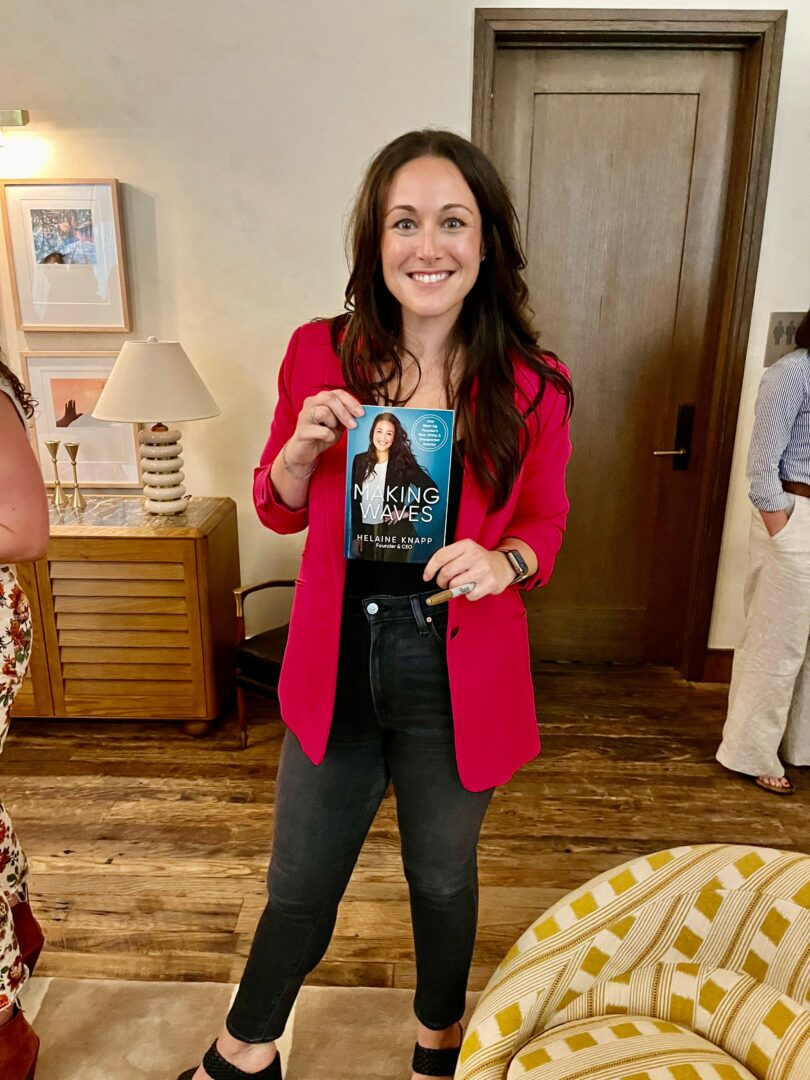
There is so much advice out there about all the different skills and qualities folks need to develop in order to succeed in today’s highly competitive environment and often it can feel overwhelming. So, if we had to break it down to just the three that matter most, which three skills or qualities would you focus on?
**1. Resourcefulness Over Resources**
The most impactful skill I developed was my ability to find solutions without having traditional resources. I didn’t have a network of fitness industry experts or a massive budget—but I got really good at finding the right person who could help me with whatever I was facing. Whether that was navigating a crowd at a wedding who could help with commercial leases or tracking down someone who’d taught a rowing class, I learned that your ability to creatively solve problems matters more than the resources you start with.
For those building or navigating without ideal circumstances, welcome to reality: Start practicing this now. Don’t wait until you have the “right” connections or enough money. Ask bold questions. Reach out to strangers. Get comfortable being resourceful rather than waiting for resources to come to you. Every “no” gets you closer to a “yes,” and every awkward ask builds your muscle for the bigger asks you’ll need to make later.
**2. Radical Transparency in Communication**
This became my superpower, especially during crisis moments. When CITYROW was struggling, when we had to lay off half the team, when deals were falling through—I learned that honest, direct communication builds trust faster than anything else. People respect leaders who can name what’s actually happening rather than hiding behind corporate speak or false optimism.
To get started, practice this in low-stakes situations first. Get comfortable saying “I don’t know, but here’s how I’ll find out.” Be honest about your challenges, your mistakes, and your learning process. People want to work with humans, not perfect facades. The leaders who can communicate clearly and authentically during tough times are the ones people will follow anywhere.
**3. Decision Making Under Uncertainty**
The biggest shift in my journey was learning to make decisions with incomplete information rather than waiting for perfect clarity. From signing that sketchy lease to pivoting during COVID to eventually selling the company—every major decision happened without knowing exactly how it would turn out. I had to get comfortable with making the best decision I could with the information I had, then adapting as I learned more. As Jeff Bezos famously says, “If you wait until you have 100% of the information, it’s too late”.
Start small. Make lots of little decisions quickly to build your decision-making muscle. Set deadlines for yourself—don’t let analysis paralysis keep you stuck. Remember, most decisions are reversible or adjustable. The cost of indecision is usually higher than the cost of making an imperfect decision and course-correcting later. Your ability to move forward despite uncertainty will become one of your greatest competitive advantages.
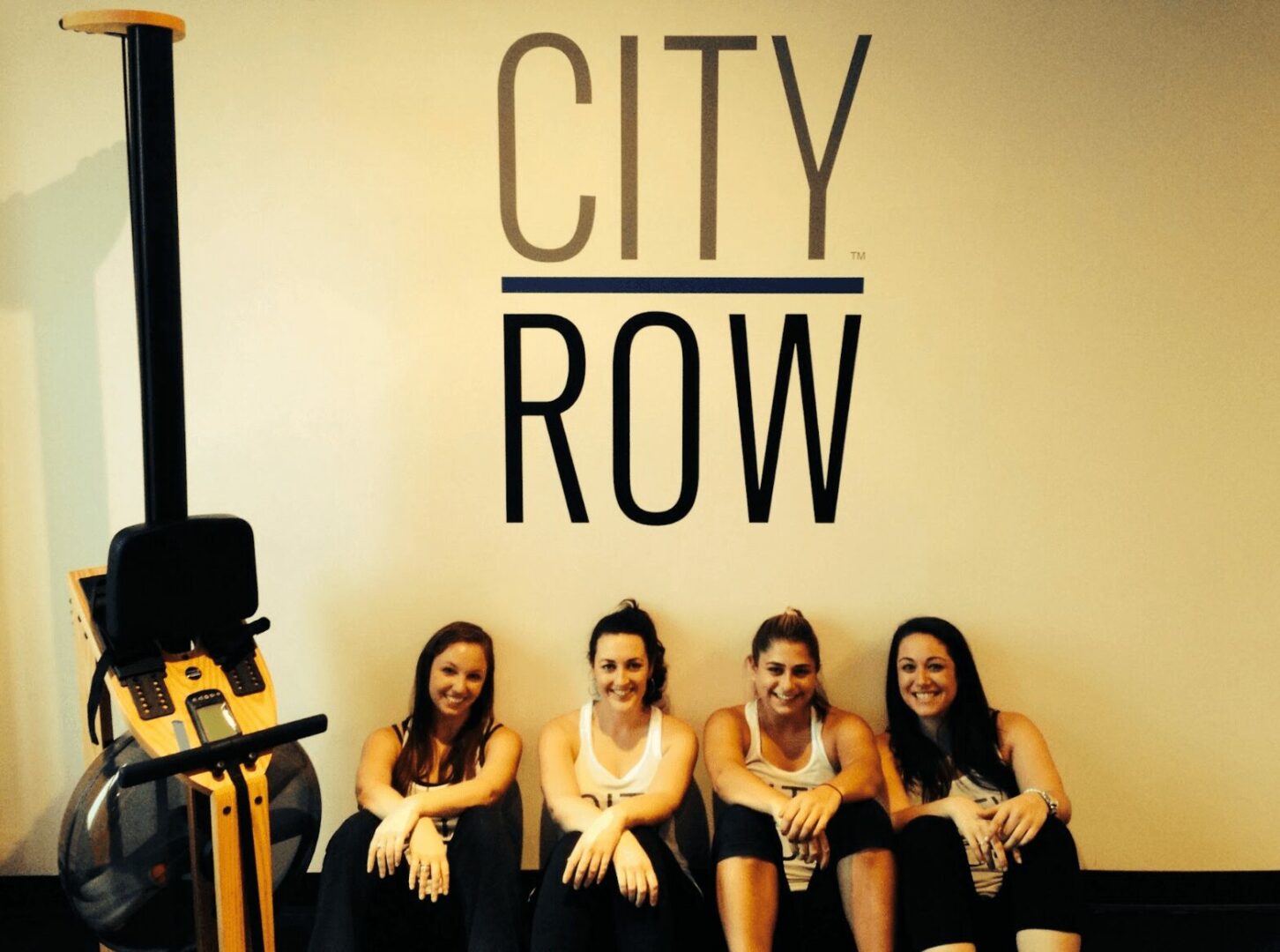
Awesome, really appreciate you opening up with us today and before we close maybe you can share a book recommendation with us. Has there been a book that’s been impactful in your growth and development?
“Good to Great” by Jim Collins was a game-changer for me during the CITYROW journey. I picked it up during one of our scaling phases when I was struggling with how to build something that could outlast me and become truly great rather than just successful.
The Hedgehog Concept was revolutionary for my thinking. Collins talks about finding the intersection of what you’re passionate about, what you can be best in the world at, and what drives your economic engine. For CITYROW, this helped me understand that we weren’t just a fitness company—we were at the intersection of my passion for solving real problems (like my back injury), our unique ability to make rowing accessible and sexy, and a business model that could scale. This clarity helped me make better strategic decisions and communicate our vision more effectively.
The concept of Level 5 Leadership completely shifted how I approached my role as CEO. Collins describes Level 5 leaders as those who blend personal humility with professional will—they’re ambitious for the company, not themselves. This hit me hard because I realized I had been trying to be the charismatic, all-knowing founder when what the company actually needed was someone willing to admit what they didn’t know and put the business first. Learning to lead with vulnerability while maintaining fierce determination became one of my greatest strengths.
The Stockdale Paradox became my survival guide during COVID and our darkest moments. The idea of confronting brutal facts while maintaining unwavering faith that you’ll prevail in the end—that’s exactly what got me through running out of cash three times, laying off half the team, and eventually navigating the sale. I learned to be radically honest about our challenges while never losing sight of the fact that we would figure it out. This balance between realism and resilience became essential to my leadership style and is something I now teach to every founder I work with.
Contact Info:
- Website: https://www.helaineknapp.com
- Instagram: https://instagram.com/helaineknapp
- Linkedin: https://www.linkedin.com/in/helaine-knapp/
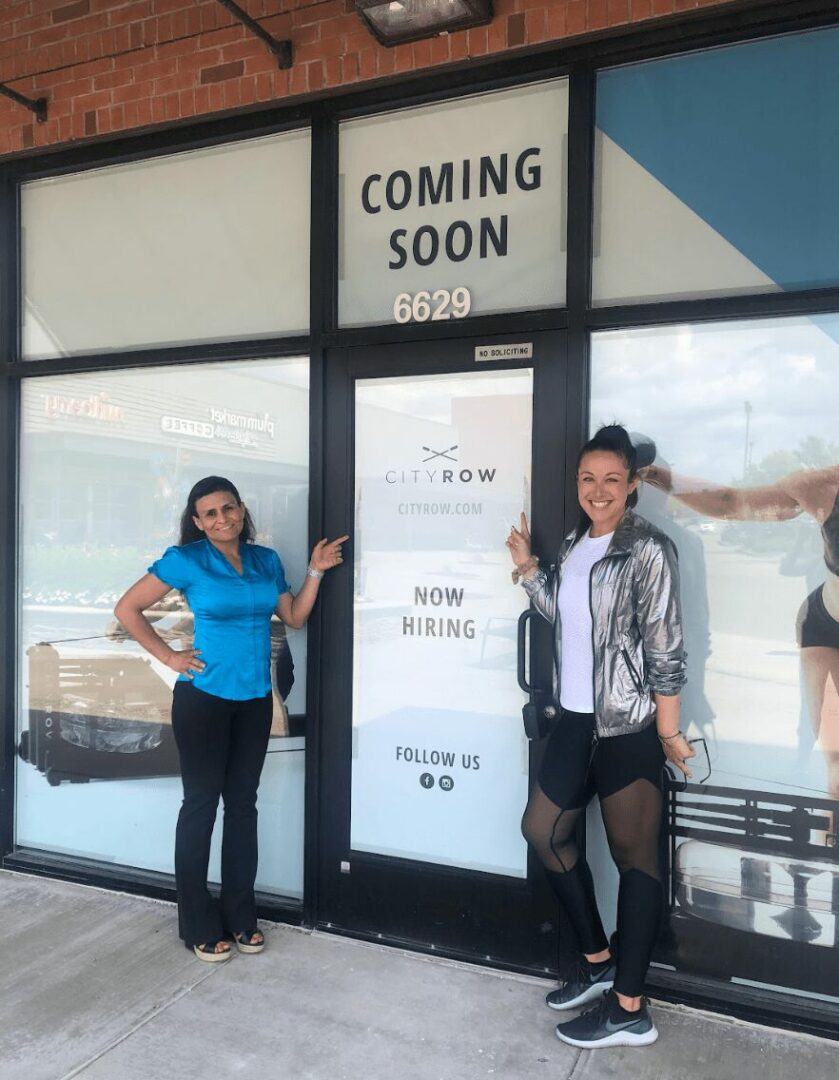
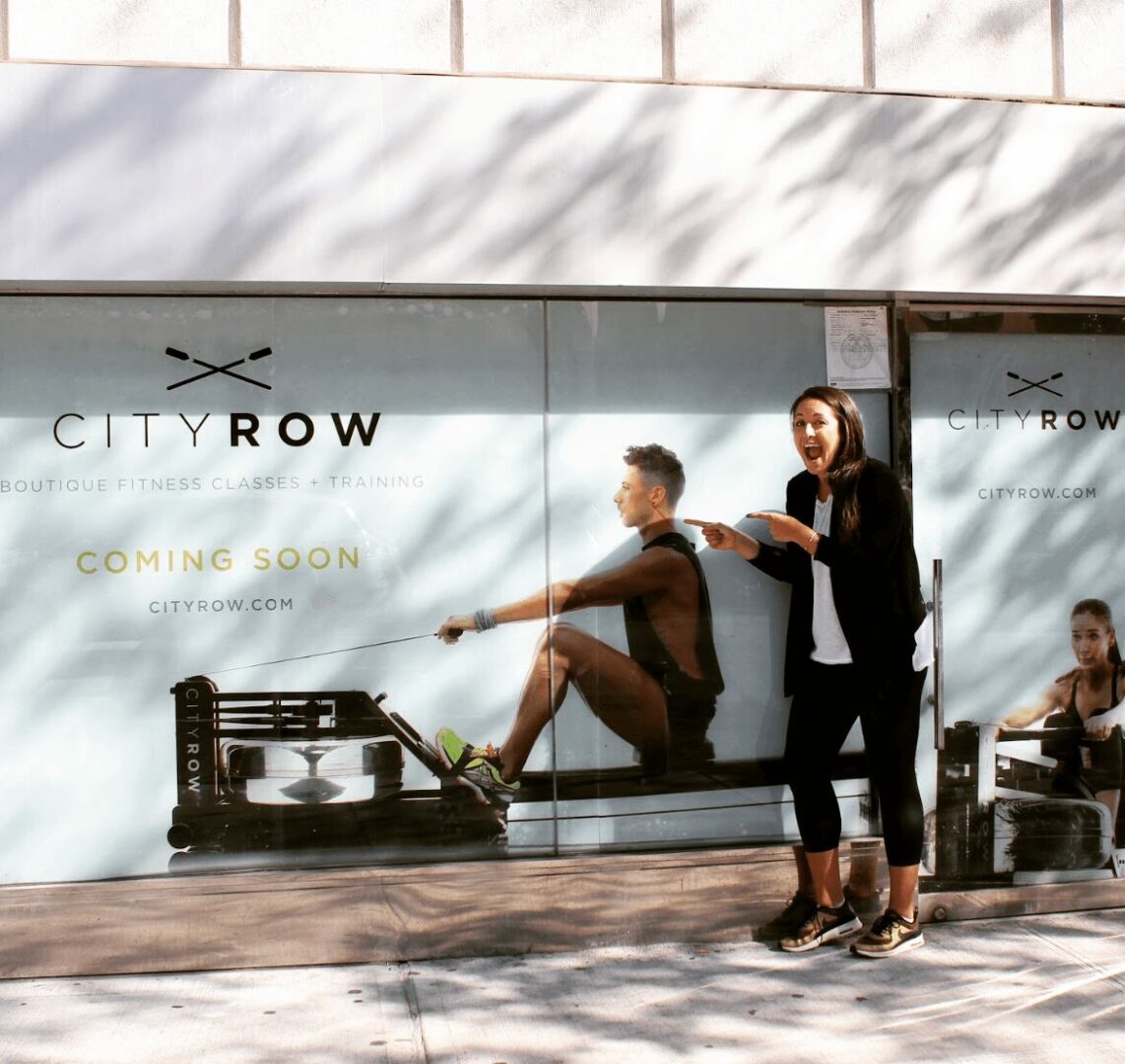
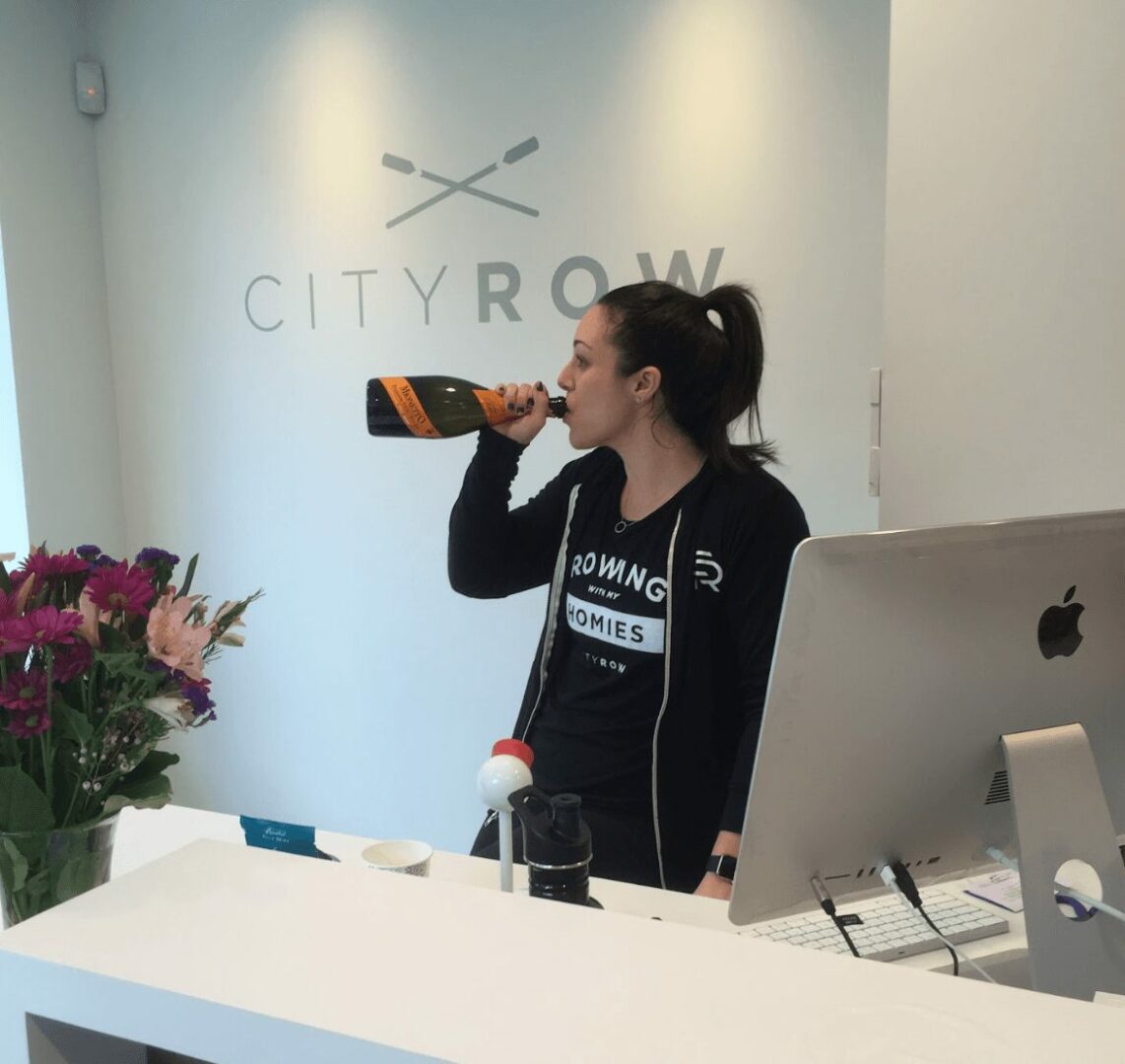
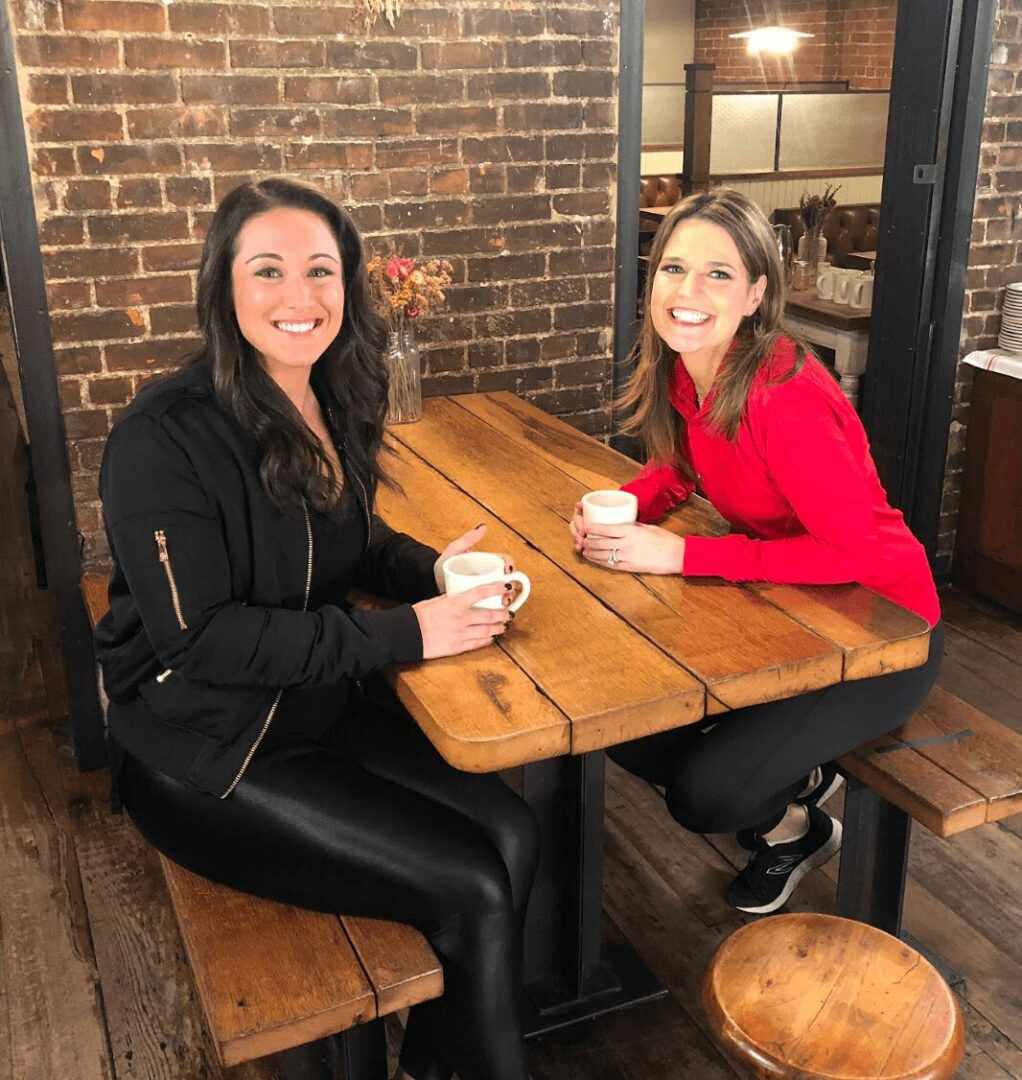
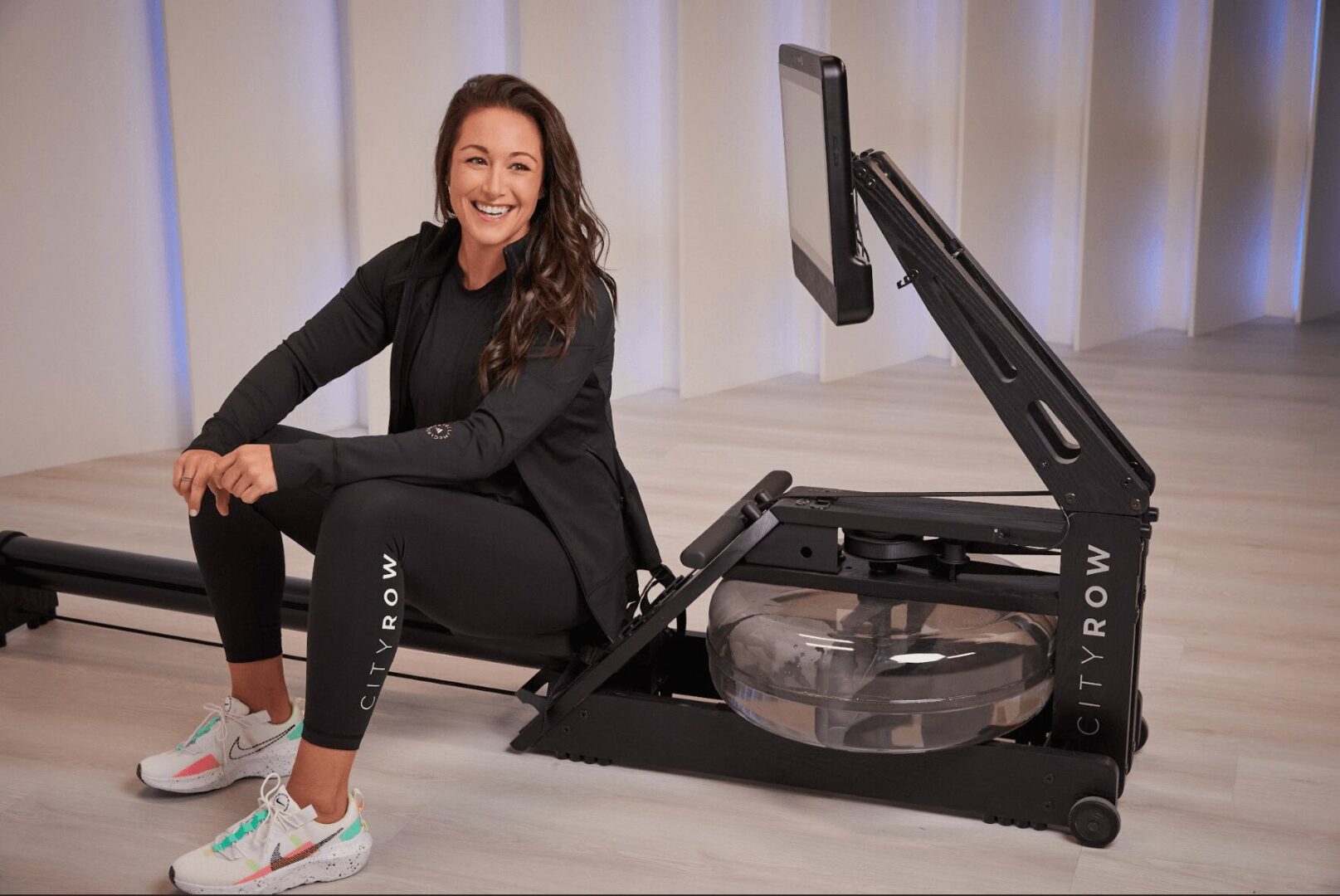
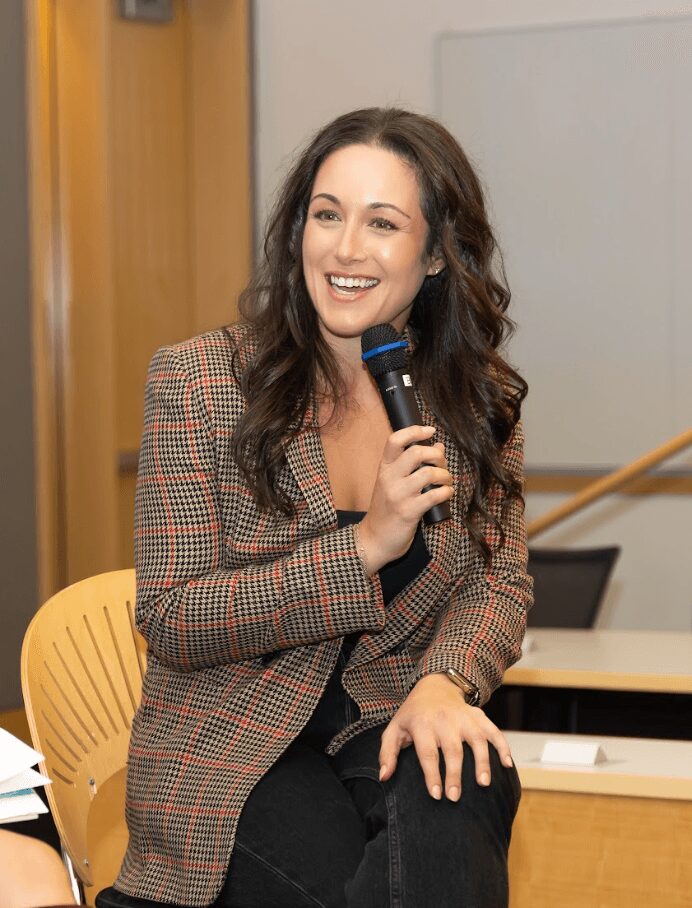
so if you or someone you know deserves recognition please let us know here.

